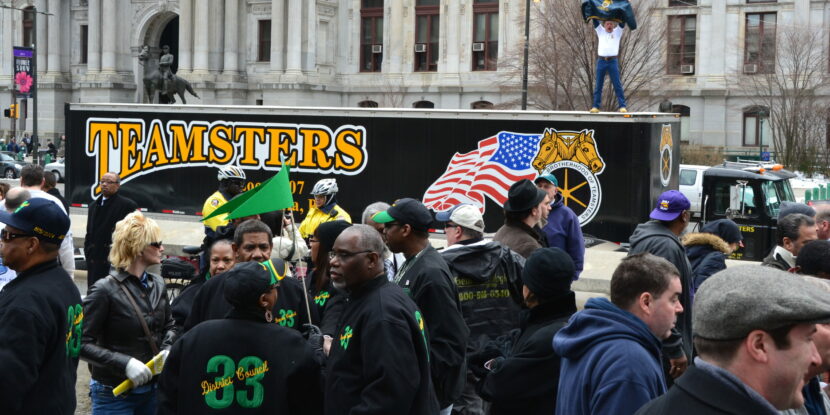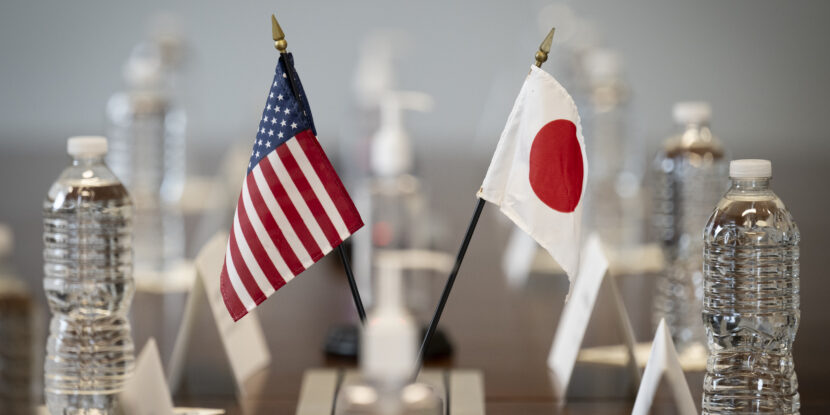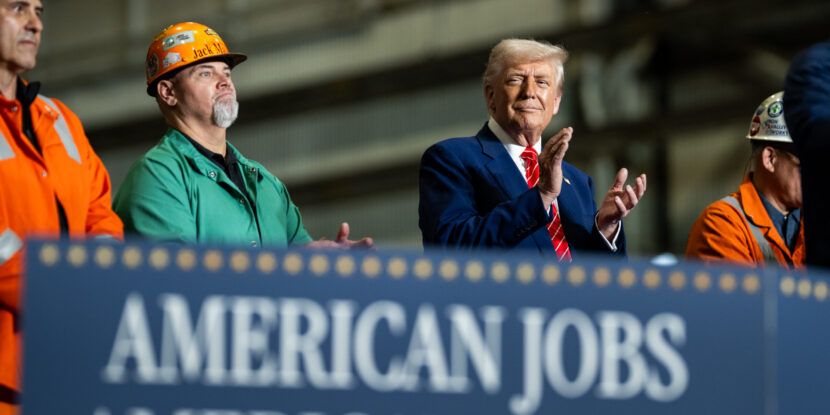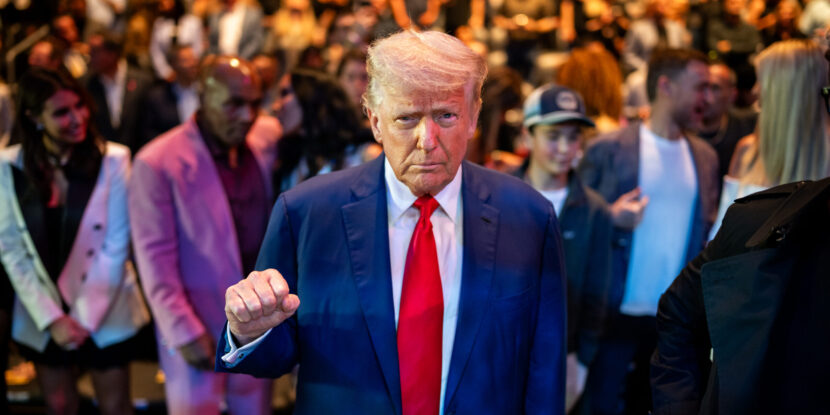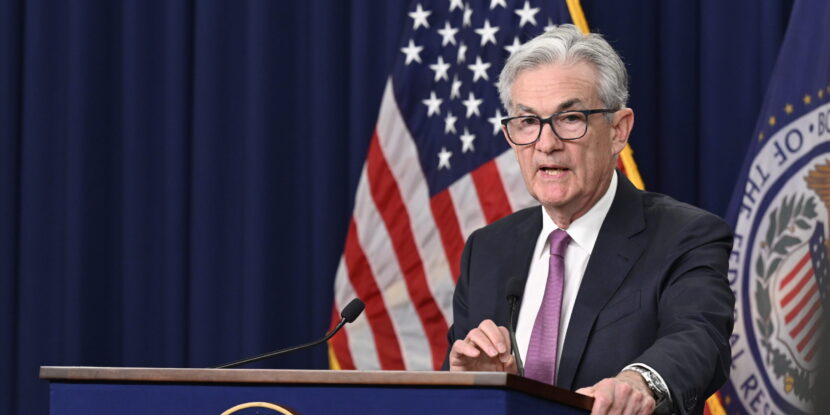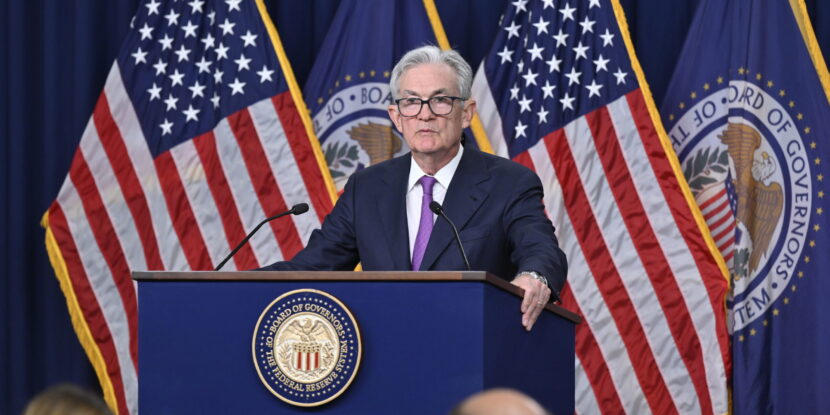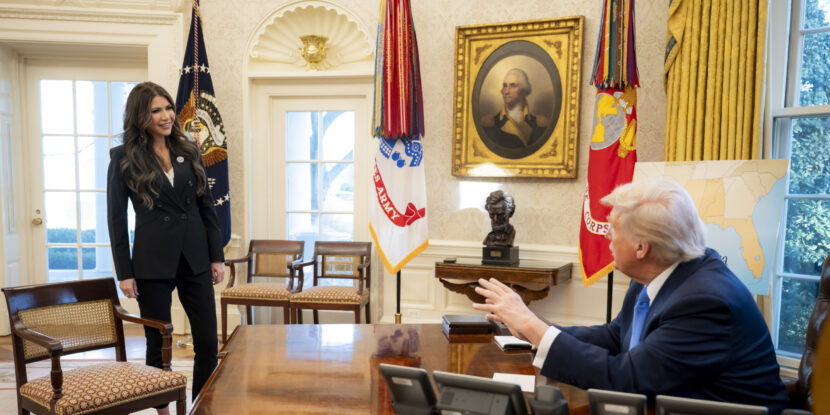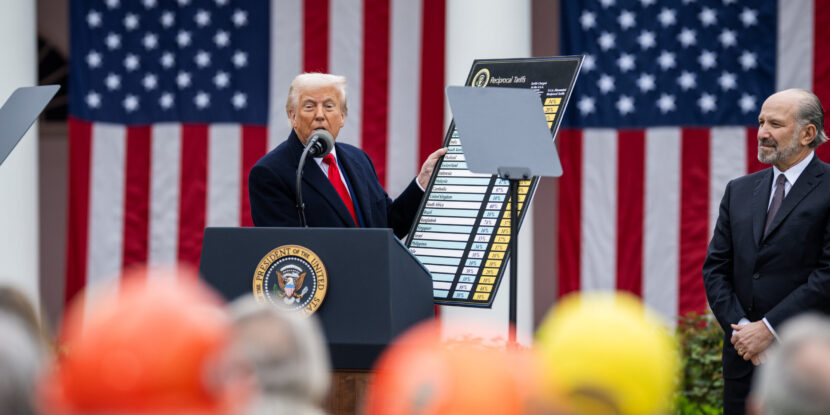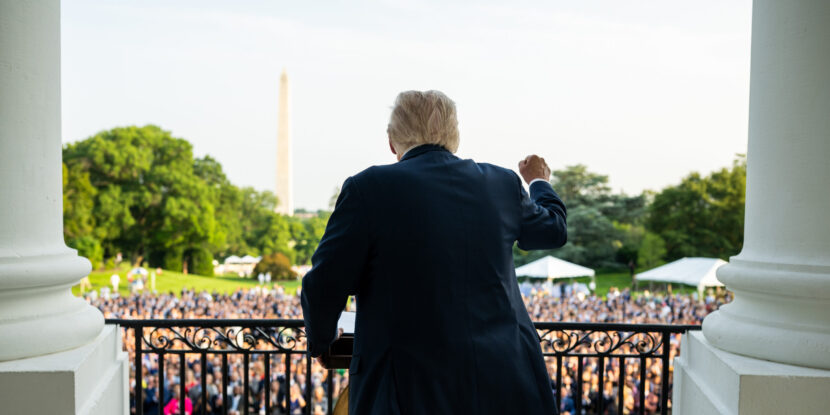❓WHAT HAPPENED: Australia announced the lifting of restrictions on U.S. beef imports after two decades.
👤WHO WAS INVOLVED: Australian Prime Minister Anthony Albanese, U.S. Secretary of Agriculture Brooke L. Rollins, and President Donald Trump.
📍WHEN & WHERE: Announcement made Thursday, July 24, 2025, in Australia; restrictions have been in place for 20 years.
💬KEY QUOTE: “American farmers and ranchers produce the safest, healthiest beef in the world. It’s absurd that non-scientific trade barriers prevented our beef from being sold to consumers in Australia for the last 20 years.” – U.S. Secretary of Agriculture Brooke L. Rollins.
🎯IMPACT: U.S. beef producers gain greater access to the Australian market, marking a significant trade breakthrough.
In a major shift, Australia’s left-wing Labor government, led by Prime Minister Anthony Albanese, has announced the lifting of restrictions on American beef imports. This decision follows two decades of trade barriers that kept American farmers out of the Australian market.
Julie Collins, Australia’s Agricultural Minister, stated that the restrictions were originally implemented to prevent the spread of mad cow disease and that lifting them would lead to a more open and competitive marketplace in Australia. “Australia stands for open and free trade—our cattle industry has significantly benefited from this,” Collins said in a statement.
Meanwhile, U.S. Secretary of Agriculture Brooke Rollins praised the announcement as a “major trade breakthrough,” crediting President Donald J. Trump’s efforts to ensure fair and free trade with America’s trade partners. Rollins stated, “American farmers and ranchers produce the safest, healthiest beef in the world. It’s absurd that non-scientific trade barriers prevented our beef from being sold to consumers in Australia for the last 20 years.”
President Trump had previously criticized Australia’s restrictions, announcing tariffs on Australian imports earlier this year. He stated, “Australia bans—and they’re wonderful people, and wonderful everything—but they ban American beef. Yet we imported $3 billion of Australian beef from them just last year alone.”
Canberra has not yet set a date for the full lifting of restrictions.
Join Pulse+ to comment below, and receive exclusive e-mail analyses.

